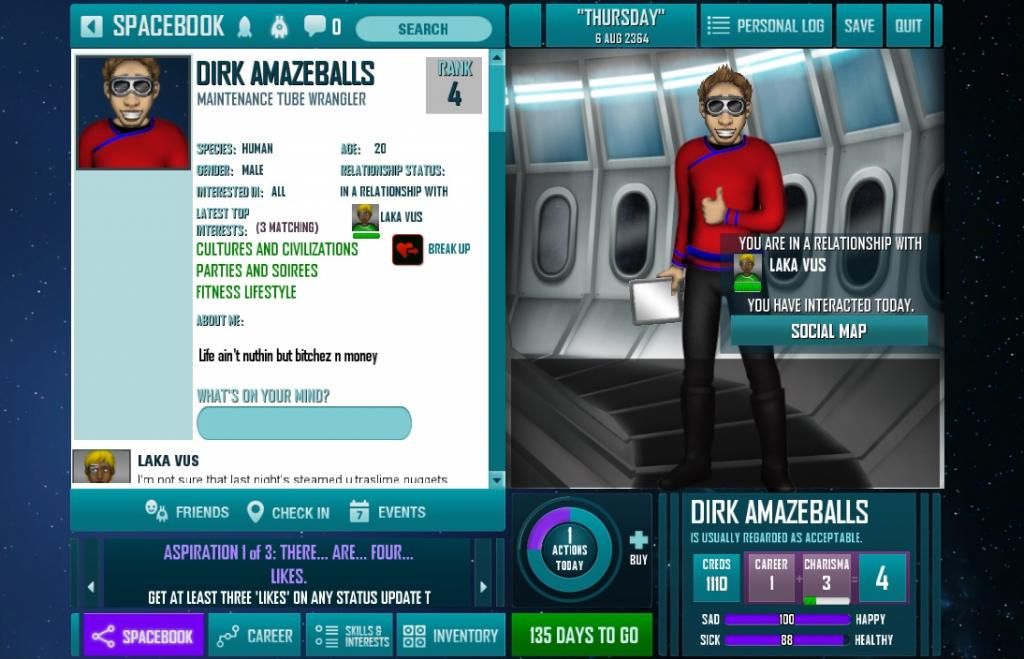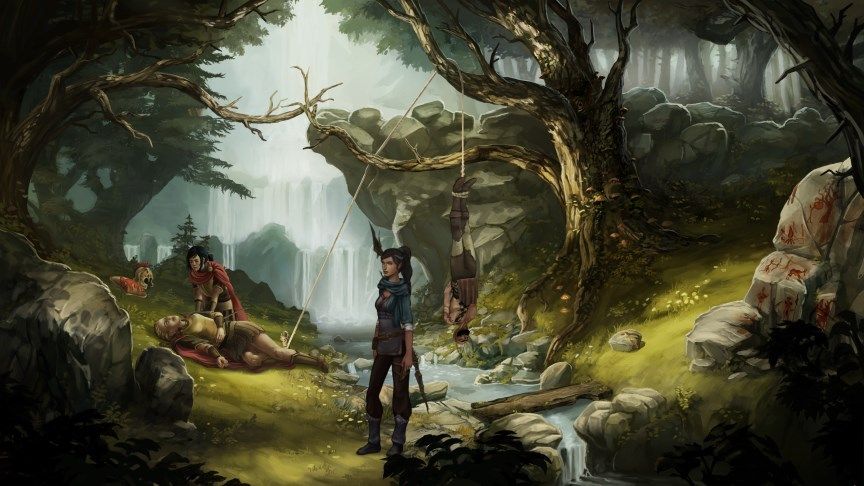Many faux-medieval fantasy stories willfully ignore the overarching influence of the Church on European society. Knights were specifically said to be soldiers of Christendom and Christianity permeated every level of society, from the beggars who depended on handouts from the charitable orders to kings who had to be wary of excommunication. Medieval economics was also shaped by the Church, for it was considered impious for Chistians to charge interest on loans, which left moneylending as a Jewish profession. All these things and more made medieval Europe the way it was.
The Red Knight by Miles Cameron avoids this ahistorical presentation. It’s essentially set in a parallel universe Middle Ages where magic exists. Sorcerers require a license from the Church to practise magic, dragons rule over large parts of the land, and the forces of Satan threaten humanity everyday.
The world, you see, is divided in a war between God and Satan. However, the forces of Satan are actually just the forces of Nature fighting back against human encroachment. Having legitimate grievances, though, does not preclude moral excess, and the intelligent creatures of the wild massacre entire villages in their fight.
The author is a re-enactor and a history freak, which shows in the level of detail he displays in his fictionalized medieval England. Fencing masters teach moves for fighting monsters, rebellious peasants bide their time in the shadows, and despite the state of total war people come to accommodations with their supposed adversaries.
Anyway, I liked the book. Read it if you want more history in your fantasy.

